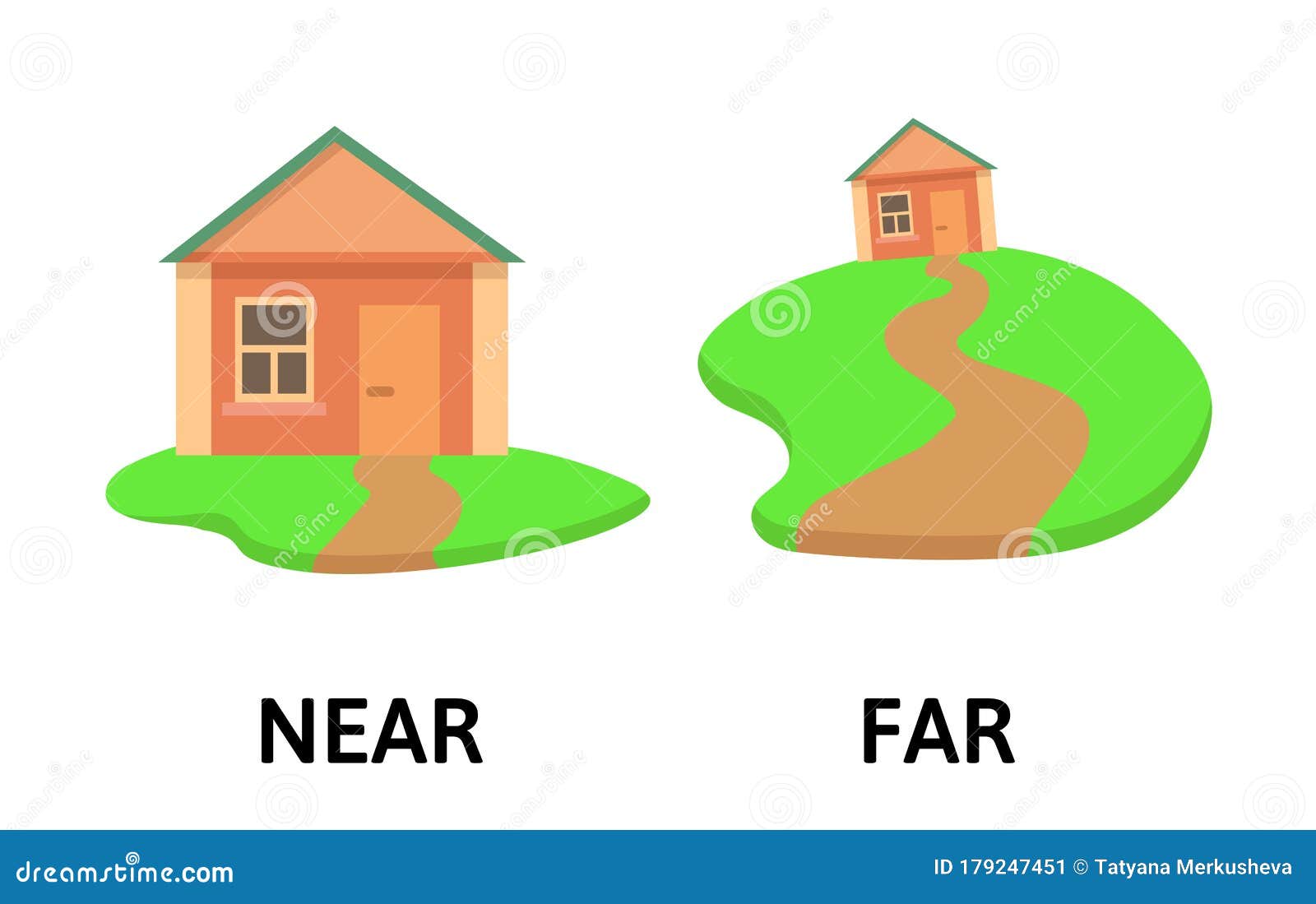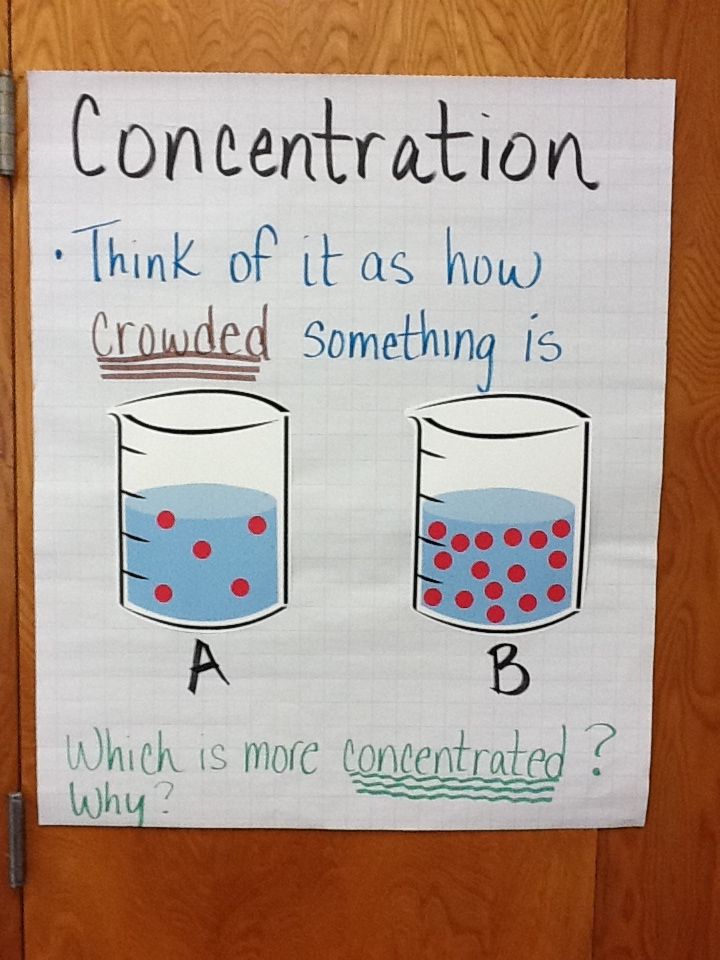Understanding the Weaknesses of Spartan Education: Beyond the Warrior Ethos
Introduction: Rethinking Spartan Education
Spartan education, known as the
agoge
, is often celebrated for producing some of history’s most formidable warriors. However, beneath its legendary reputation lies a system with significant weaknesses that impacted not only individual Spartans but also the broader Spartan society. This article examines the critical shortcomings of Spartan education, providing actionable guidance for those interested in understanding or researching classical education systems.
Harsh Physical Training and Its Consequences
The Spartan educational system was infamous for its brutal physical training . Young boys, sometimes as early as seven, were subjected to rigorous routines designed to harden them physically and mentally. While these methods produced highly resilient soldiers, they came at a steep cost. Children often faced injuries, malnutrition, and even death due to the intensity of their training. For example, wrestling mishaps could result in severe harm or fatality, and limited food rations forced students to steal, risking punishment and further physical harm [1] .
Such extreme conditions normalized violence and desensitized children to suffering, raising concerns about the long-term psychological effects. Contemporary educators and historians argue that an environment built on fear and pain stifles curiosity, empathy, and creativity. If you are researching historical education systems, consider comparing these practices with modern standards to highlight how physical and emotional safety impacts learning outcomes.
Moral Dilemmas and Social Consequences
Another notable weakness was the encouragement of theft and deceit . Because food was scarce, boys were expected to steal for survival. Successful theft was rewarded, while getting caught brought severe corporal punishment. This approach not only endangered students but also sent conflicting moral messages, inadvertently promoting criminal behavior. The famous story of a Spartan youth who died hiding a stolen fox rather than admit his crime illustrates the dangerous consequences of these practices [1] .
For those interested in the ethical implications of historical education, analyze how teaching methods can shape societal norms and values. Modern educational psychology suggests that a balanced approach promoting honesty and integrity yields more constructive results than systems reliant on fear or punishment.

Source: confusedwords.org
Intellectual Limitations: A Narrow Academic Focus
Spartan education placed minimal emphasis on intellectual development . Reading and writing were taught only to the extent necessary for military communication; disciplines such as mathematics, history, and philosophy were largely absent. This limited academic scope left Spartans ill-equipped for civic life, critical thinking, or innovation. In contrast, contemporary societies thrive by encouraging diverse fields of study, fostering skills applicable beyond warfare [3] , [2] .
If you wish to explore alternatives to narrow educational models, research systems that balance physical, intellectual, and creative development. For example, the Athenian model, which included arts, sciences, and philosophy, produced influential thinkers and innovators, highlighting the value of a comprehensive curriculum.
Suppression of Arts and Cultural Development
Sparta actively suppressed arts, culture, and creative expression . Public performances, theater, and creative endeavors were banned out of fear they might undermine Spartan unity or provoke dissent. This stifling environment promoted conformity at the expense of innovation and cultural advancement [3] .
Societies that foster creativity tend to excel in problem-solving and adaptability. For those interested in curriculum design, consider how the inclusion of arts and humanities can benefit students by encouraging diverse perspectives and imaginative thinking.
Family Separation and Emotional Impact
Spartan education required children to leave their families at a young age, leading to emotional isolation and weakened family bonds . The absence of parental support during formative years could result in adults lacking empathy and social skills, which are essential for communal living and cooperation outside the battlefield [3] , [2] .
Modern research in child development underscores the importance of nurturing relationships in building emotional intelligence and resilience. Those evaluating educational models should weigh the long-term societal costs of systems that prioritize utility over well-being.
Practical Guidance: Researching and Accessing Historical Education Resources
If you are seeking to learn more about Spartan education or compare historical educational systems, follow these steps:
- Identify reputable sources, such as university libraries, academic journals, and official historical organizations. Consider searching for terms like “Spartan agoge,” “Greek education systems,” and “comparative ancient education.”
- Consult open-access academic websites and digital libraries for primary sources, including works by historians such as Plutarch, who documented Spartan practices.
- Review modern analyses from established history and education departments. Many universities publish articles and research papers that critically evaluate classical education systems.
- To understand the broader impact, study comparative models such as Athenian education, which emphasized intellectual and cultural growth [5] .
If you need further assistance, you may contact local university history departments or national archives for guidance on accessing primary documents and scholarly articles.
Alternative Approaches and Lessons for Modern Education
Spartan education’s singular focus on military excellence offers valuable lessons for contemporary curriculum design. A balanced approach-one that integrates physical training with intellectual, emotional, and creative development-prepares individuals for a wider range of challenges. Educators and policymakers should consider:
- Incorporating robust physical education while safeguarding student health and well-being.
- Ensuring academic breadth, including STEM subjects, humanities, and arts.
- Promoting ethical development and emotional intelligence through family engagement and positive reinforcement.
- Encouraging creative expression to foster innovation and adaptability.
By studying the weaknesses of Spartan education, modern societies can avoid repeating these mistakes and instead cultivate citizens capable of thriving in diverse roles.
Key Takeaways
The Spartan education system, while effective in producing disciplined warriors, suffered from significant weaknesses:

Source: youtube.com
- Harsh physical training often caused injury and normalized violence.
- Encouragement of theft and deceit fostered moral confusion.
- Narrow academic scope stifled intellectual growth and innovation.
- Suppression of arts and culture limited creativity and dissent.
- Early family separation hindered emotional development and social skills.
For those interested in historical or modern education, these lessons offer actionable insights into designing well-rounded, humane, and effective learning environments.
References
- [1] Cram (2022). Strengths And Weaknesses Of Spartan Education.
- [2] Cram (2021). The Weaknesses Of Spartan Education.
- [3] Gradesfixer (2025). A Close Look At The Positive And Negative Side Of Spartan Education.
- [4] Stone Soup Magazine (2021). Spartan Education.
- [5] Olympioi (2025). A Comparative Analysis of Athenian and Spartan Education.



